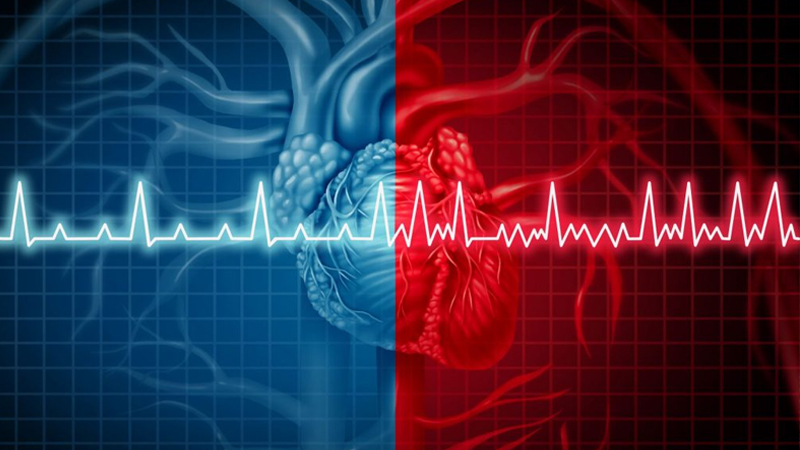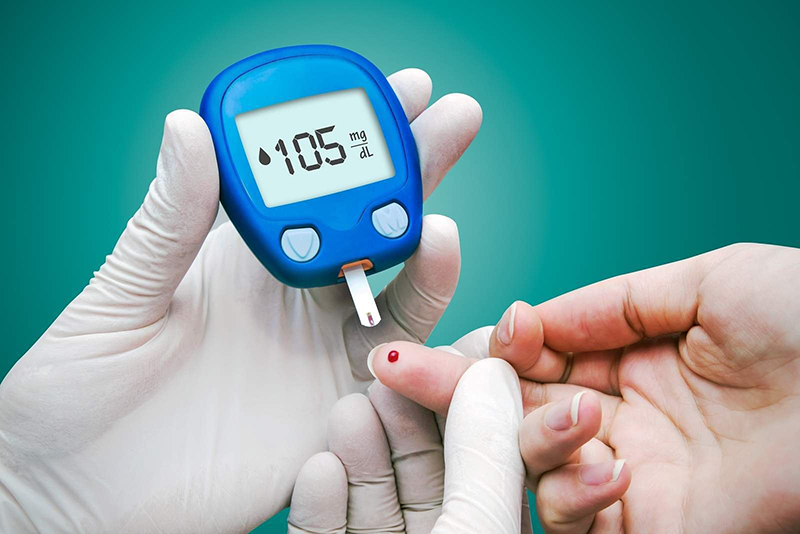
Energy drinks like Sting have become popular among people from all walks of life, from students to athletes and busy professionals. These beverages contain various ingredients such as high amounts of sugar for energy and caffeine to stimulate the central nervous system, resulting in a relaxed and uplifted mood. However, the effects are only temporary, and excessive consumption of energy drinks can have detrimental effects on your health. Here are some of the potential risks associated with drinking too many energy drinks:
1 Cardiac Arrhythmia and High Blood Pressure
 Excessive energy drink consumption can lead to cardiac arrhythmia and high blood pressure.
Excessive energy drink consumption can lead to cardiac arrhythmia and high blood pressure.
Recent studies have found that energy drinks contain high levels of caffeine. Excessive caffeine intake can lead to increased heart rate, a pounding sensation in the chest, and elevated blood pressure.
2 Sleep Disorders
 Regular energy drink consumption can disrupt your sleep patterns.
Regular energy drink consumption can disrupt your sleep patterns.
A study in South Korea revealed that frequent energy drink consumption can lead to caffeine addiction, causing irritability and negatively impacting your sleep. Over time, this can result in stress and even depression.
3 Increased Risk of Obesity
 High consumption of energy drinks contributes to the risk of obesity.
High consumption of energy drinks contributes to the risk of obesity.
Energy drinks are typically high in sugar, and excessive intake can lead to weight gain, obesity, and associated health issues such as cardiovascular problems.
4 Increased Risk of Type 2 Diabetes
 The high sugar content in energy drinks increases the risk of type 2 diabetes.
The high sugar content in energy drinks increases the risk of type 2 diabetes.
Energy drinks are loaded with sugar, including fructose from corn and artificial sweeteners. A 500ml can of energy drink typically contains about 54g of sugar, which exceeds the recommended daily limit of 36g for men, as advised by the American Heart Association. Excessive sugar consumption leads to insulin resistance and, ultimately, type 2 diabetes, according to the National Institute of Diabetes and Digestive and Kidney Diseases.
5 Malnutrition in Children
 Energy drinks can cause malnutrition in children.
Energy drinks can cause malnutrition in children.
Energy drinks provide empty calories, and if children consume them frequently, they may feel full and lose their appetite for nutritious meals. This can lead to a lack of essential nutrients and, eventually, malnutrition.
6 Allergic Reactions
 Excessive energy drink consumption may trigger allergic reactions.
Excessive energy drink consumption may trigger allergic reactions.
Caffeine is a common ingredient in energy drinks, and overloading your body with it can lead to skin issues like dryness, itching, rashes, and redness, along with symptoms like difficulty breathing and nausea. Regular energy drink consumption also increases the risk of seasonal allergies.
7 Dehydration
 Energy drinks can contribute to dehydration due to their diuretic effect.
Energy drinks can contribute to dehydration due to their diuretic effect.
Caffeine, present in high amounts in energy drinks, has a diuretic effect, which means it increases urine production. This can lead to dehydration if you don’t adequately replenish fluids.
8 Dental Issues
 The high acidity of energy drinks can damage your teeth.
The high acidity of energy drinks can damage your teeth.
Energy drinks contain high levels of citric acid, which is highly corrosive to teeth and can damage tooth enamel.
How to Consume Energy Drinks Safely:
– Limit your intake to no more than 4 cans of energy drink per day (approximately 1000ml/day).
– Avoid consuming energy drinks while using other stimulants such as alcohol or illicit drugs.
– Refrain from drinking energy drinks after strenuous work or intense exercise.
– Individuals with diabetes, high blood pressure, cardiovascular disease, pregnant women, and children should avoid energy drinks.
These are some of the potential health risks associated with excessive energy drink consumption. It’s important to enjoy these drinks in moderation and be mindful of their potential impact on your health.
Is Green Tea a Healthy Alternative to Water?
Green tea has been a staple beverage for many families, with some even replacing their daily water intake with it. But is this really a healthy practice? Green tea is renowned for its abundant health benefits, but is it a miracle cure-all, or are there potential drawbacks to overconsumption? This article delves into the science behind green tea’s benefits and provides insights into whether drinking it all day is truly beneficial or potentially harmful.
“The Power of Celery Juice: A Natural Weight Loss, Liver Detox, and Cholesterol-Lowering Elixir”
Celery is a versatile vegetable with a dual identity as a nutritious food and a valuable medicine. While it is composed of 95% water, dismissing it as lacking in nutritional value is a common misconception. In reality, celery is packed with essential vitamins and minerals that promote overall health and well-being.














